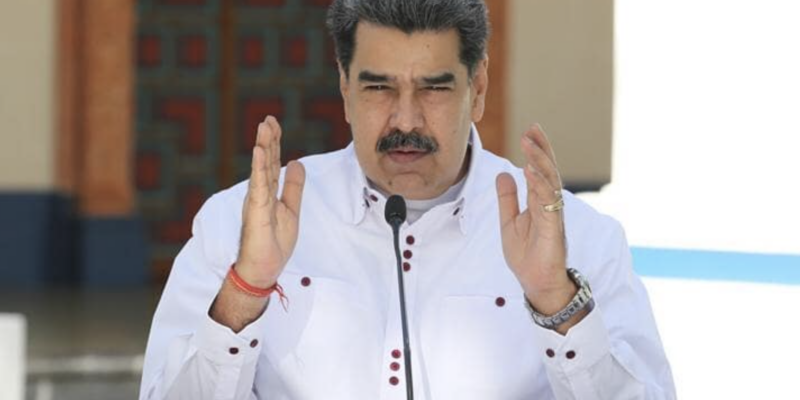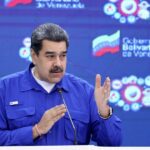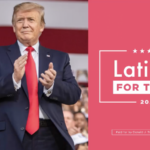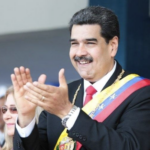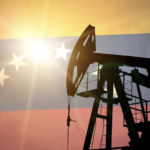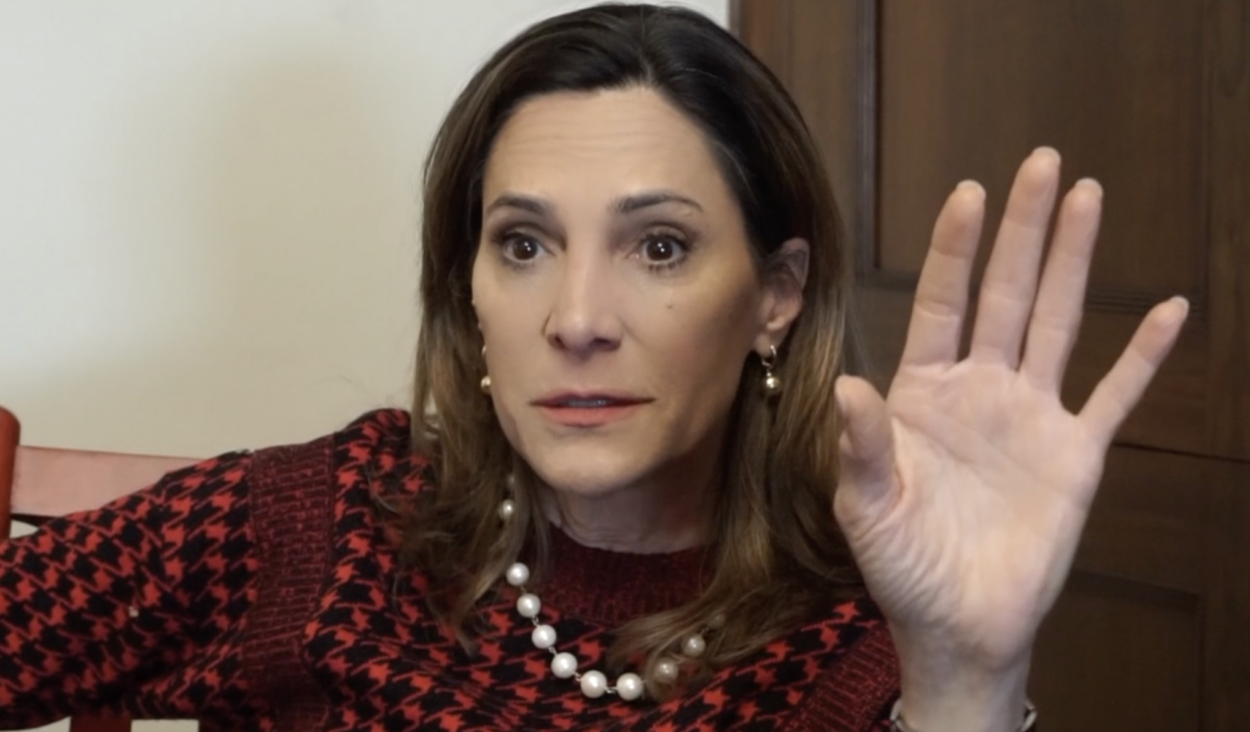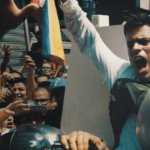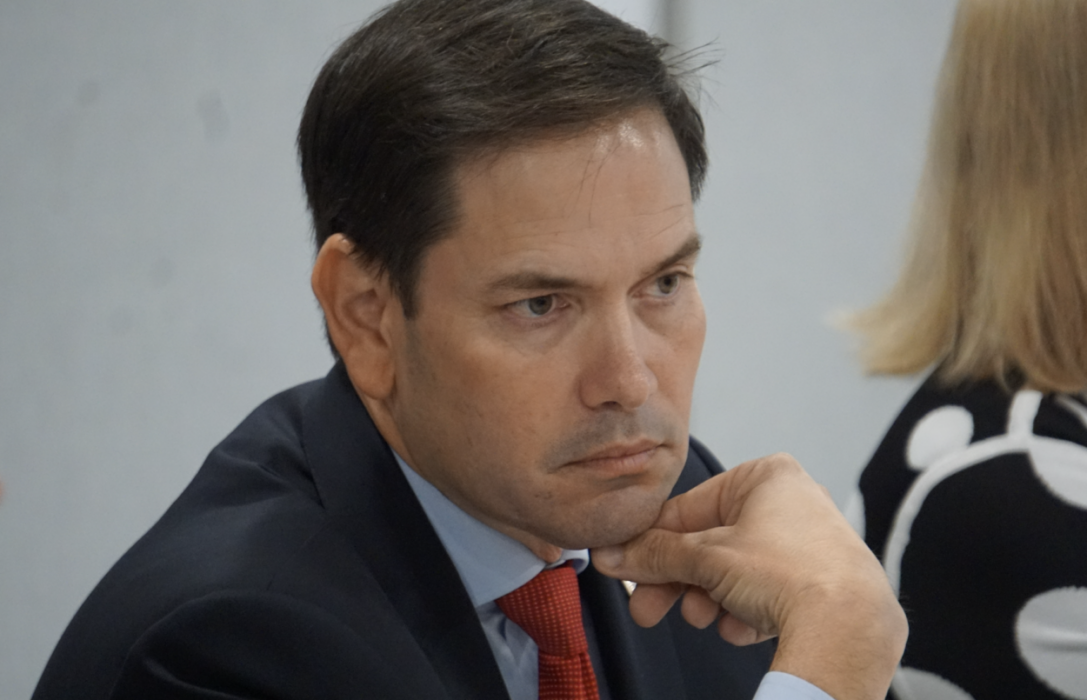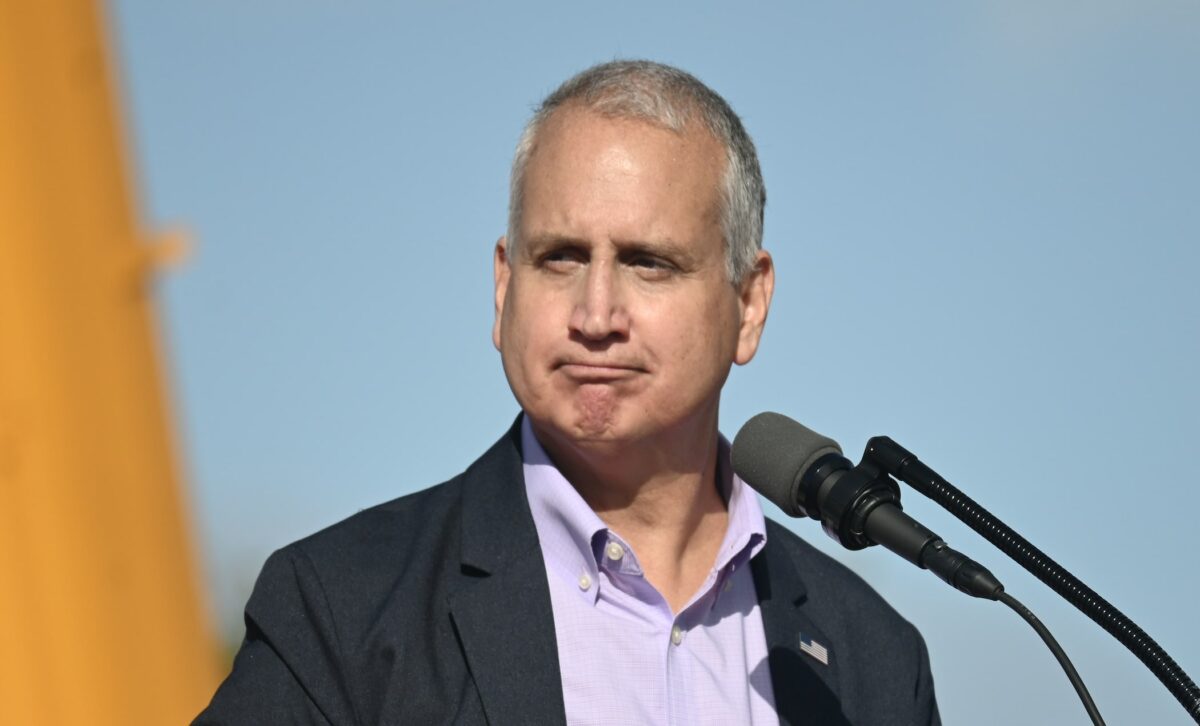The depth of Venezuela’s humanitarian crisis seems to have pushed Venezuelan opposition leader Juan Guaido, to publicly float the possibility of ending U.S. sanctions’ policy after defending it, and calling for the ousting of Dictator Nicolas Maduro.
On Tuesday, in a video posted on his Twitter account, Guaido proposed a "national agreement" that would include a schedule for general elections involving an opposition coalition, as well as Maduro's ruling Socialist Party, and hinted at a progressive lifting of U.S. sanctions as an incentive for Maduro to strike a deal with parties which oppose his government.
"Venezuela is experiencing the worst crisis in its entire history," said Guaido, and due to the "seriousness of that crisis, our allies, the international community (...) tell us that we must reach an agreement to save [the country]," he said.
With Guaido open to talks with Maduro, Venezuela’s strongman was listening, and recently said that he would agree to talk to Guaido, but only if the European Union and a group of Latin American and European countries that are solely focused on finding a solution to the crisis, act as intermediaries.
“Now Guaido wants to sit down to talk with me. It is possible that the ‘Empire’ gave him the order,” Maduro said, referring to the U.S.
“Whenever they want, wherever they want and however they want, I am ready to meet with all the opposition to see what comes out of it,” he said. “If something good comes out and they abandon the path of war, invasion, attacks, the coup, and come to the campaign trail, here we wait for you,” concluded Maduro.
But daily life for Venezuelans continues its downward spiral. Severe shortages of basic goods such as food, drinking water, gasoline, and medical supplies, coupled with hyperinflation, which has devalued the Venezuelan Bolivar, compounded by wages that have fallen far behind the inflation rate, are propelling Venezuela’s severe humanitarian crisis to reach devastating proportions.
According to a recent survey of living conditions in Venezuela that was published by Andres Bello Catholic University in Caracas, 96% of Venezuelans live in poverty, the highest proportion in Latin America.
This untenable situation has produced the second largest refugee crisis in the world. The refugee crisis, coupled with the COVID-19 pandemic, has left the more than 5.5 million migrants who have fled Venezuela in an even more vulnerable position, according to the World Bank.
“Being a host country [to Venezuelan refugees] is costly,” said Carlos Felipe Jaramillo, Vice President, Latin American and Caribbean Region, World Bank at a forum on the Venezuelan refugee crisis hosted by the multilateral agency on Tuesday. “The international finance community has contributed but very modestly.”
He added that aid to countries that have welcomed Venezuelan migrants has been “ten times lower” than the resources mobilized to alleviate similar situations, like the Syrian refugee crisis. “We are pleading with the international community to support this cause.”
From Juan Guaido to host countries on the receiving end of Venezuelan refugees, to non-governmental organizations or NGOs working in-country to help alleviate the crisis, the call for urgent relief from the international community, is growing.
In March 2021, the Biden administration granted Venezuelans who are living in the U.S. temporary protected status (TPS) that would alleviate the threat of deportation for over 320,000 eligible individuals who have sought refuge in the United States.
For years, a bipartisan congressional effort led by Florida Senator Marco Rubio (R), has advocated for the granting of temporary protected status to all the Venezuelans fleeing the Maduro regime.
“Under my bipartisan VERDAD ACT, which became law in 2020, we expanded humanitarian assistance for Venezuelans who have endured unimaginable hardships under the Maduro narco-regime. I was proud to support both Temporary Protected Status and Deferred Enforced Departure for eligible Venezuelans in the U.S., which provides a temporary safe haven and work authorization. The U.S., and our regional allies, must remain firm in its commitment of supporting these individuals, who are fleeing from tyranny and oppression,” said Senator Rubio.
Fellow Floridian, Rep. Stephanie Murphy (D) responded to The Floridian's request for comment, stating that an aggressive U.S. role in support to "truly free and fair elections in Venezuela" was key to addressing the refugee crisis.
“The appalling humanitarian and refugee crisis in Venezuela will not end as long as the Maduro regime retains an iron grip on power. The best way for the United States and the rest of the international community to help the people of Venezuela reclaim their country is to support truly free and fair elections in Venezuela, hopefully leading to a peaceful transfer of power," stated Rep. Murphy.
Colombia has received the largest influx of Venezuelan refugees, reaching 1.8 million. In February, Colombia passed a Temporary Protection Status permit that allows these migrants to stay in the country for 10 years, allowing them to work and access health, education, and other social services.
Alejandra Botero, the senior advisor to the Presidency of the Republic of Colombia, agrees, stating that the Ministry of Finance has quantified that as a result of Colombia’s TPS, “in ten years we will achieve a cumulative GDP increase of 6.1% and, in 50 years, a GDP increase of almost 23%. It’s win-win for everybody.”

